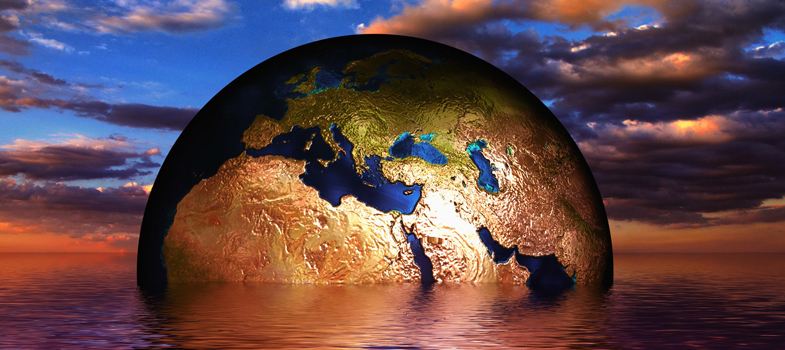3.3 What is included in national greenhouse gas accounts and what is excluded?
Signatories to the Kyoto Protocol are required to produce annual emissions inventories for the six gases covered by the protocol (CO2, methane, nitrous oxide, hydrofluorocarbons, perfluorocarbons and sulfur hexafluoride).
Emissions from international aviation and shipping (sometimes called bunker fuels) are excluded, as there is not yet an agreed method to allocate proportions of emissions to different countries.
The inventories cover emissions produced within territorial boundaries (production accounts).
This raises an intensive debate about emissions ‘embedded’ in goods and services imported from other countries. For example, one of the factors contributing to the decline in UK emissions since 1990 is the decline in the UK manufacturing sector. But the UK has not ceased to consume the products of those industries; we import them from elsewhere. Some analysts argue that we have a responsibility for those emissions in other countries that arise due to the consumption of goods and services in the UK. These are sometimes called consumption accounts, and the emissions are indirect emissions.
There are difficulties in allocating emissions in consumption accounts. For example arising from problems with defining boundaries for life cycle analysis, and apportioning emissions where there is more than one beneficiary in steps along the life cycle. So, international reporting continues to be based on production accounts (direct emissions). But consumption accounts reveal interesting perspectives that could be used to inform relevant policy interventions. For example, a number of separate studies of UK emissions based on consumption indicate that, rather than decreasing by 12% since 1990, emissions have in fact increased by 10% or more.
View the press release and the full report by the Stockholm Environment Institute for the Department for Environment, Food and Rural Affairs on UK consumption.
3.2 Which is more important – deforestation or burning fossil fuels?
